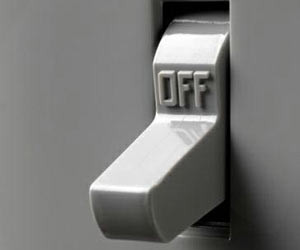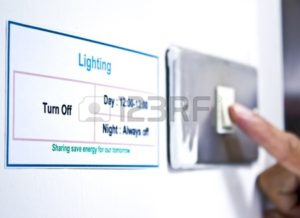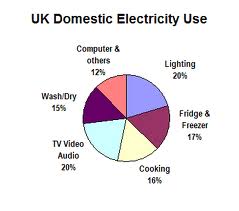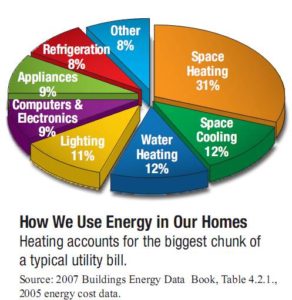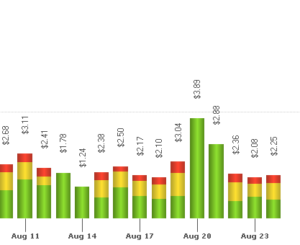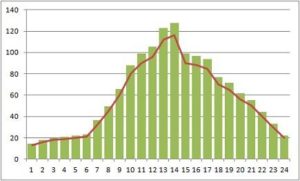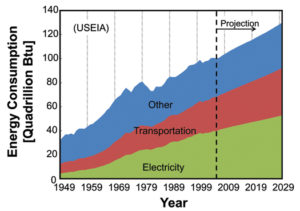 There has been a big push in the last dozen years for consumers to use less energy in their every day lives. From cars to appliances. Even the grocery bags that we use when we purchase our groceries has come under the gun. We now have fluorescent lights. LED lights which use far less energy and all of our appliances are also designed to use less energy. There is hardly a person among us that does not take into account how much energy we use. How can we reduce the energy we use when we purchase something? The energy pyramid is one persons view of where to begin with regards to reducing your energy foot print.
There has been a big push in the last dozen years for consumers to use less energy in their every day lives. From cars to appliances. Even the grocery bags that we use when we purchase our groceries has come under the gun. We now have fluorescent lights. LED lights which use far less energy and all of our appliances are also designed to use less energy. There is hardly a person among us that does not take into account how much energy we use. How can we reduce the energy we use when we purchase something? The energy pyramid is one persons view of where to begin with regards to reducing your energy foot print.
But is It Enough – Energy Efficient Things
The latest report out of the IPCC for 2013 suggests that we need to do more. Much more to lessen the impacts of global warming. In fact we have made some progress. We apparently are not heating up the earth at the same rate that we were. But it is still going up and projected to continue unless we do something drastic.
What do they mean by drastic? Even though our cars and trucks are probably twice as efficient as they were back in the 70’s and 80’s. There are more and more cars on the roads and we are burning more fossil fuels than ever before which contributes to global warming. We have to wean ourselves from fossil fuels if we are going to really make a difference.
In our estimation, we need to make major strides towards electric vehicles, towards wind energy generation, and solar power to really make a difference. We have started with a number of cars on the road that are electrical only, but we really need to make it much further where the car that is adopted the most is in fact an electric vehicle.
Power generation even if it is generated by coal or oil burning plants is still more efficient than all of the cars that are on the roads burning gasoline, however where we can make real strides is a giant shift to renewable energy such as solar and wind technology.
What Are the Road Blocks
There are many, but in this writers mind there are two major ones. First the cost for consumers to switch over are still too high. No one wants to buy a car that is $5000 to $10000 more expensive than it’s gasoline counterpart no matter how cheap it is to operate. And this is assuming they solve the distance issue and the rapid charge issue.
The second issue that industry is struggling with is the massive infrastructure that is set up to process oil, make gasoline and distribute it to the consumer. There are millions of jobs at stake and there are literally billions of dollars at stake as well.
The social engineers among us must solve these two major problems before we will see a major shift from fossil fuel technology to renewable energy technology that will make a real difference in the amount of fossil fuel energy that we consume.
This is an intensely interest issue and it will take many twists and turns before being resolved. In the mean time we will continue to endure increasing temperatures around the world and global warming! Thoughts and comments are welcome.
